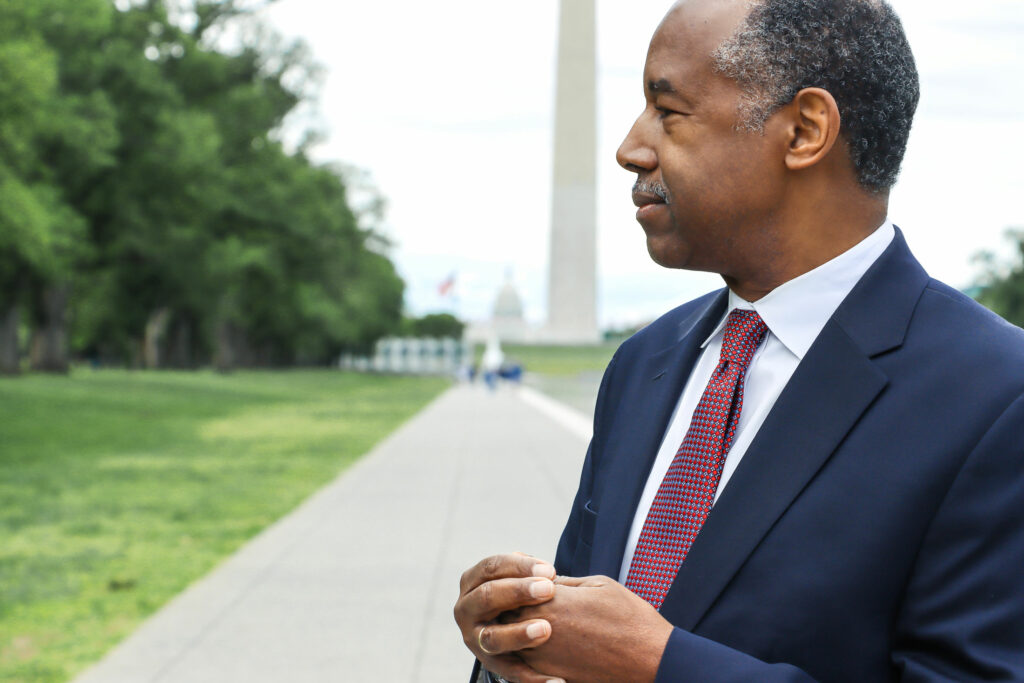 Despite a national shortage in foster care homes, the Department of Health and Human Services (HHS) and the Administration for Children and Families (ACF) recently enacted severely restrictive placement requirements for children who identify as “LGBTQI+.” Under these new ACF Rules, state agencies must follow specific protocols when placing “LGBTQI+” foster children in residential settings to continue receiving federal funding. These new protocols require that LGBTQI+ children are placed in settings where care providers are trained on “specific needs related to their sexual orientation and gender identity.” One aspect of a “supportive environment,” according to the ACF, is provider training for age-appropriate support in favor of the child’s “self-identified sexual orientation, gender identity, and gender expression.”
Despite a national shortage in foster care homes, the Department of Health and Human Services (HHS) and the Administration for Children and Families (ACF) recently enacted severely restrictive placement requirements for children who identify as “LGBTQI+.” Under these new ACF Rules, state agencies must follow specific protocols when placing “LGBTQI+” foster children in residential settings to continue receiving federal funding. These new protocols require that LGBTQI+ children are placed in settings where care providers are trained on “specific needs related to their sexual orientation and gender identity.” One aspect of a “supportive environment,” according to the ACF, is provider training for age-appropriate support in favor of the child’s “self-identified sexual orientation, gender identity, and gender expression.” Faith-based organizations have long provided the supportive community needed to care for foster children. Practicing Christians are three times more likely to have seriously considered foster care. However, under this rule, many foster parents, whose selfless care has provided a haven for children with nowhere else to go, are now faced with the decision between abiding by their traditional religious values and complying with these federal regulations. Indeed, the conflict is already playing out in the states. For example, nine-year foster parents Shane and Jennifer DeGross were denied their foster parent application in Washington due to their Christian faith. Jessica Bates, a widowed mother of five, was denied the opportunity to adopt a child with nowhere else to go due to her Christian beliefs that conflict with Oregon’s radical gender ideology. Bates’ application was rejected by the state, making her ineligible to adopt any child – even those who share her religious beliefs.
Instances like these pose the question of whether these “Child Welfare Nondiscrimination Laws” that 28 states have already enacted are really in the best interest of children or whether these regulations are part of a deeper political agenda.
Luckily, there is some opposition to this overreach of government power. Tennessee Attorney General Jonathan Skrmetti is leading a coalition of 17 states challenging this new rule. Skrmetti noted that the rule “hampers the ability of the states to protect kids by forcing children’s services agencies to police pronoun usage with the same urgency they address physical abuse.”
As the Supreme Court ruled two years ago in Fulton v. City of Philadelphia, the city of Philadelphia violated the First Amendment’s Free Exercise clause when it attempted to force Catholic Social Services to accept same-sex couples as placements for foster children, and thus “curtailed its mission” as an institution.
For decades, the Supreme Court has decided that the government cannot “impose regulations that are hostile to the religious beliefs” or “act in a manner that passes judgment upon or presupposes the illegitimacy of religious beliefs and practices.” This new rule requires foster care facilities to place children in homes that further a specific political agenda, and it discriminates against religious couples, which violates both of those core First Amendment tenets. In fact, the rule not only impacts religious couples, but those who hold traditional views on gender are not allowed to foster.
This new rule also illegally discriminates against adult relatives of foster children in favor of non-relatives who would affirm the child’s supposed LGBTQI+ identity. Today, adult relatives are given priority over non-related caregivers, but the new rule instead places LGBT ideology above even familial relations.
The data demonstrates that this system ultimately harms foster children’s success and development. For example, studies show that when placed in family settings, especially in a kinship or religious context, foster children tend to enjoy better life outcomes across a variety of metrics, including educational achievement, job stability, and physical and mental health. Studies further show that when foster parents are recruited through religious organizations, children stay 2.6 years longer than they do with the average foster parent, creating a more engaging, reliable, and stable home life for foster children.
Despite the fact states are being forced to house foster children in jails, hospitals, and mental institutions due to the lack of foster parents available, the federal government is seeking to limit more housing options by mandating all potential homes be LGBTQ+ affirming environments. By trying to perpetuate a political agenda through our most vulnerable children, the federal government is undermining the rights of people of faith, seeking to selflessly open their lives to foster children.
Foster children need foster parents who care about them and their long-term success—not people who are required to comply with this era’s radical gender ideology. It would be unwise to assume that all foster children are the same and, in so doing, undermine the importance of religion in personal development. Using the federal government as an avenue to advance a political agenda is never the solution, especially when it comes to shaping the lives of vulnerable children. Instead of forcing gender ideology on our vulnerable youth, it would be wise for HHS’s ACF to focus on more pressing issues like decreasing the thirty percent turnover rate in child welfare agencies and expanding the number of available homes for foster children—not screening out homes because of their Christian beliefs.

